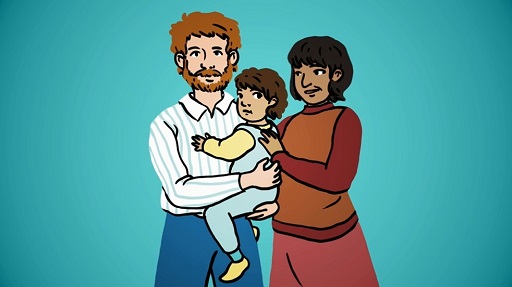7 Where do I belong?
Many would probably agree that having a feeling of belonging to a community is important. But what ‘belonging’ and being part of a community would have meant in more rural and local community settings has shifted significantly in our contemporary, globalised, mobile, digital, urban world. In our fast-paced society, we no longer belong to one local community only – a so-called ‘community of place’, perhaps embodied by the local church. Rather we belong to many ‘communities of choice’, or interest groups which are becoming increasingly detached from place and far more mobile, like online interest groups, or large international festival communities, such as Burning Man. However, research shows that having a sense of belonging is really important for people to become socially and politically involved. This is even more important among minority groups and new migrant groups, either living or arriving in large urban centres, as is the case with Milton Keynes in our case study.

Transcript: Video 4 Where do I belong?
Anita’s story is also a story about different generations and their ethnic and religious identities. Anita’s mother came from India, yet her parents were part of the Jehovah’s Witnesses (JW), a religion which grew out of 19th century Christian movements in the United States. Anita’s story shows that belonging to a group can expose one to exclusion from other groups. Being a Jehovah's Witness, Anita tells us, attracted some prejudiced views from people who disagreed with followers’ beliefs and practices. Yet for Anita, the JWs offered a strong sense of community and belonging, support and hospitality.
